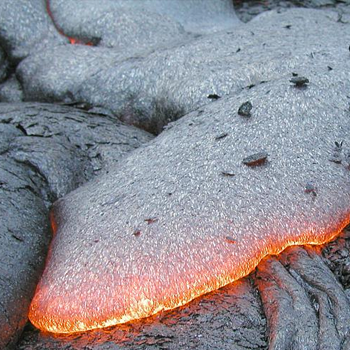How proof this answer is right ? ∫ ((1)/((x^2)(sqrt(1+x^2))dx =
3 Answers
Explanation:
Clear image of the equation
Show that the derivative of what you think is the answer is the integrand in the original problem.
Explanation:
Quick example:
To prove that
In your question, show that the derivative of
It is clear that we can ignore the
You could do the actual integral and check each step along the way.
Let:
This is a typical trig substitution strategy and is verified in any calculus textbook that teaches this. You can check the
Therefore you get:
Using identities
Some u-substitution can be done now as well. Let:
That is our temporary answer. Finally, going back to the original substitution of
Therefore the final answer is indeed:



